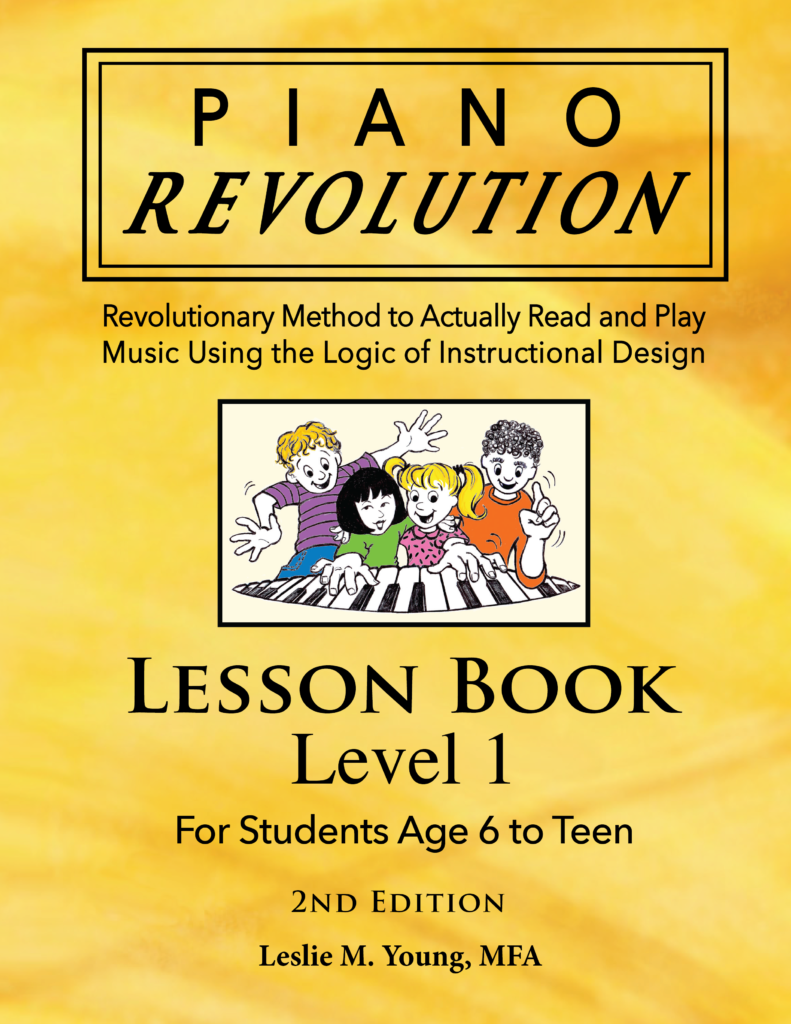Top 7 Amazing Reasons Piano Lessons Make Students Smarter
Ever wondered if piano lessons make students smarter and do better in other school subjects? It’s hard to say that they don’t. There’s a variety of processes the brain goes through during piano practice that should aid school performance – in general or specifically. Here is a published list of benefits from learning just one foreign language – and piano is like learning two different languages at the same time!
Top Benefits
- Boosts brain power
- Improves memory
- Enhances the ability to multi-task
- Sharpens the mind
- Keeps the mind sharper for longer
- Enhances decision-making
- Improves performance in other academic areas
Learning the language of music means the brain must deal with new patterns and complexities – sometimes several at one time. Key learning skills are developed from this new thinking process of reading and playing music. This also expands memory because of the brain work-out!
Imaging tests with fMRI and PET scanners show that “playing music is the brain’s equivalent of a full-body workout.” Activity all over the brain is greatly increased in an instrument-performer as opposed to a music-listener. Playing a musical instrument engages practically every area of the brain at once, especially the visual, auditory, and motor cortices, in intricate, interrelated, and astonishingly fast sequences. It increases the activity in the corpus callosum, the brain’s bridge between the two hemispheres. Solving nonmusical problems should come easier since the information travels more quickly, efficiently, and through more diverse routes. (1)
Reading and playing piano is a great example of multi-tasking, which is very demanding work for the brain. Being good at multi-tasking can reduce stress levels and help make you feel more “on top of” things.
There’s also the coordination that’s developed through eye-hand-mind reading and playing of music notation; the improvement of listening skills; the development of tenacity and discipline in order to practice regularly. All of this contributes to how piano lessons make students smarter by increasing problem-solving skills.
Reading music notation and going through the processes to actually play that written music on the piano (or other instrument) increases thinking skills. This increase creates benefits in higher scores on standardized tests in problem-solving tasks.
A Very Interesting Study about Music and Students
It seems piano lessons make students smarter, and they do better in other school subjects!
Peter Gouzouasis is a professor of music education at the University of British Columbia and senior author of the Journal of Educational Psychology study of over 110,000 Canadian students. He has been studying the effects of music education on academic achievement for over two decades and has found that highly engaged music students were one year ahead in their English, science, and math skills compared to peers who had not taken any music classes.
Gouzouasis “saw a predictive relationship between high music grades and high mathematics achievement — meaning students who received high grades in their music lessons tended to also do better in math.”
Whether or not your student is part of an official study, it does seem apparent that music lessons, (piano especially because of its complexity of using two hands to read two different clefs) contribute to making students smarter in other ways!
What Would the First Lesson for a Young Student Look Like?
What Would the First Lesson for a 6 to Teen Look Like (video)?
View sample pages of all the books for students
ages 6 to teen:
View sample pages of all the books for students
4 to 5 years old:
View sample pages of all the books for older
teens and adults:
View the books on Amazon:
About the Author, Composer, Illustrator,
Educator, and Eternal Optimist

Leslie Young is the author/composer/illustrator of the Revolutionary Piano Method. She co-founded a K-12th grade charter school in Texas and has been a piano teacher for about 40 years. She has had experience teaching a variety of students tackling piano for the first time or as returning students.
Leslie believes that “learning to play the piano is more about diligence and perseverance” – but would add that just as critical to success is the method that is used, the pattern of critical thinking, and the instructional principles that promote immediate success.
She states: “In teaching piano to students of varying ages, what also varies is a commitment of time and the amount of dedication. Children of certain ages may do very well with a parent as teacher; others may need someone who is not family to instruct them. Some older children and adults prefer to make progress on their own, and this method is designed to act as a meticulous guide through new material. Some adults and teens insist on professional teachers, which also encourages continuity. Because these books are self-explanatory, a new or experienced professional teacher will have no trouble using the Revolutionary Piano Method with students. It’s an easy and effective way to learn piano.”












